Vietnamese children search for father's shadow in Japan
In October 2017, a group of about a dozen Vietnamese people visited Japan, chasing their father’s shadow.
Those children, now over 60-70 years old, are fruit of love between Vietnamese women and Japanese soldiers who remained in Vietnam after the end of World War II to fight for the country’s independence from France.
About 70 of these soldiers had families in Vietnam. However, in 1954, they suddenly went back to Japan without saying a word.
At the invitation of Japanese Foreign Ministry to commemorate the 45th anniversary of diplomatic ties between the two countries (1973 – 2018), the group from Vietnam arrived in Japan, chasing their father’s shadow.
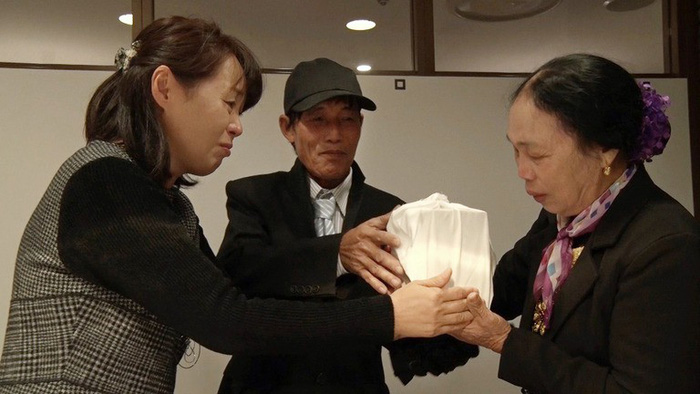 |
Kazuko sends the remains of her father, who died six years earlier, to her Vietnamese brothers and sister.
“Go to know my father’s hometown”
The children of Mrs. Nguyen Thi Xuan, who is living in the suburbs of Hanoi, are one of the participants in the trip.
Mrs. Xuan and her husband, Yoshiharu Shimizu, were married in 1945 and had four children, but the first died as a child.
The couple had live together for nine years until one day in 1954, Yoshiharu left his 29-year-old wife and never came back.
At that time, Xuan just thought that her husband went to work as usual, unknowing that they were going to be separated.
Before he left, they took a family photo which she considers the most valuable asset. In Xuan’s memory, Yoshiharu was a cheerful, gentle person and she never got mad at him.
One month before the trip to Japan, Xuan was seriously ill, hospitalized. So, her three children on her behalf go to visit their father.
Like Xuan, Mrs. Luong Thi Loc (94 years old), also lost information from her husband after one day he went to work. Her son, Cao Khanh Tuong, is 68 years old.
Her husband is Tamiya Takazawa, a military doctor. "It’s not because he is not good. He is good… very much…So sad…" she said, interupted due to old age weakness.
Twenty-five years ago, her family received a letter from her missing husband, saying he was trying to find his family through the clues he had. In the letter, he also expressed his wish to visit Vietnam and visit their children.
Receiving the news, Tuong applied for early retirement, spending time studying Japanese hoping to reunite with his father. However, that hope was not fulfilled because only a few months later, his father was seriously ill and passed away.
“Go to know my father’s homeland”, Tuong said before the trip. All information he had was that his father had died in Ishikawa prefecture.
Likewise, 63-year-old Tran Duc Dung also learned that his father had died and wanted to visit his father's grave.
Miyuki Komatsu, 70, was assigned by the Ministry of Foreign Affairs to coordinate this meaningful program.
Twenty years ago, she came to Vietnam as a Japanese teacher. Knowing that one of her students was a child of a veteran of Japan, she began supporting the family on the journey to find their husband, to their father.
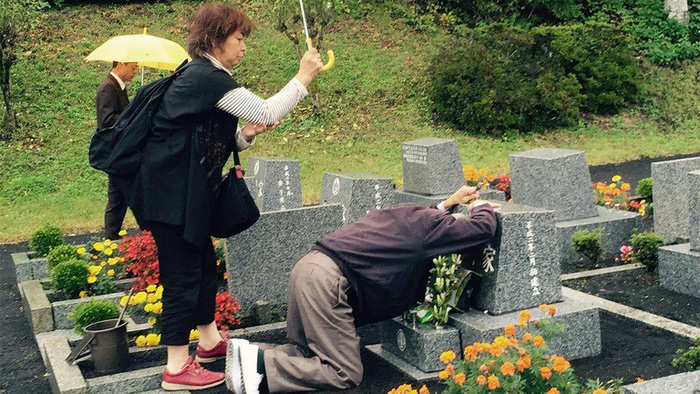
Ngo Gia Khanh kneeling down his father’s grave
Father’s shadow in Japan
On October 18, 2017, a group of 14 children of Japanese soldiers arrived in Japan, starting their journey to find their source.
Thanks to the support of a local journalist, Cao Khanh Tuong was the first to meet his half-brother in Ishikawa prefecture.
That time, after returning to Japan, Tuong’s father married again. Tuong’s younger brother, 59 year-old Kazuya Takazawa, has been told about his family in Vietnam.
“When I was young, it was very difficult to accept that. However, as I grew up, I began to understand the feelings of the Vietnamese family,’’ said Kazuya.
After the shaking hands between the two strange men who suddenly became blood brother, Tuong visited his father's grave as it was dark.
Kneeling down his father’s grave after 63 years of separation, Tuong apologized for not being with him to care for him.
Meanwhile, Ngo Gia Khanh set out for Japan with his concerns about an argument with his father 36 years ago. That time, his father visited Vietnam. Khanh blamed his father for not bringing the family to Japan together and the two lost contact from there.
Visiting where his father rested, the 72-year-old son sat by the grave for a long time. “Everything is over. The son and father have reconciled,’’ Khanh said with relief as he left.
On the fifth day of the journey, families were taken to Maizuru harbor, where 71 Japanese soldiers returned home in November 1954. Possibly, their father was also on the boat that day.
Many people are happy to recognize their father in the picture of the Japanese soldiers. Tears rolled down from the eyes of the group’s members.
“Without him, there is no us”
Nguyen Thi Xuan’s three children also met Kazuko Tanaka, 61, their half-sister.
After returning to Japan, Xuan’s husband got married again to a Japanese wife.
In 2006, Kazuko and her father came to Vietnam to visit the family after 52 years of separation.
In October, the four met again happily. Kazuko sent the remains of her father, who died six years earlier, to her brothers and sister.
Nguyen Van Phi, 64 years old, hugged his father’s ashes crying while his older sister, Phuong, 69, could not hold back tears.
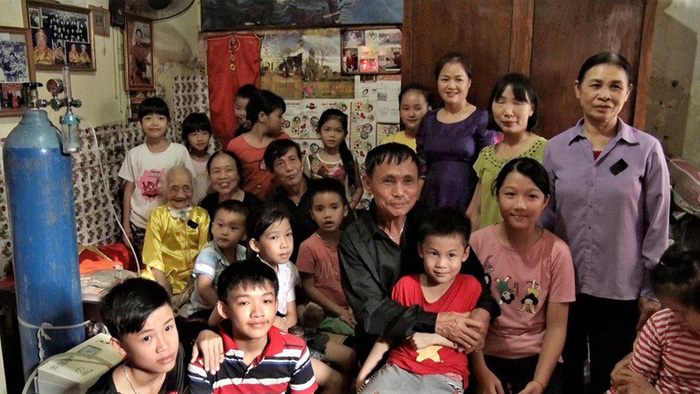
Nguyen Thi Xuan's family in Vietnam
“Without him, there is no us, no our children.’’, Phi told his sister Kazuko.
Back to Vietnam, Nguyen Thi Xuan's family held a memorial ceremony for their late father.
Three months later, Ms. Xuan vented her last breath. She was buried next to the tomb of her husband who had been far away for more than 60 years.
Ngoc Tran
Recommended
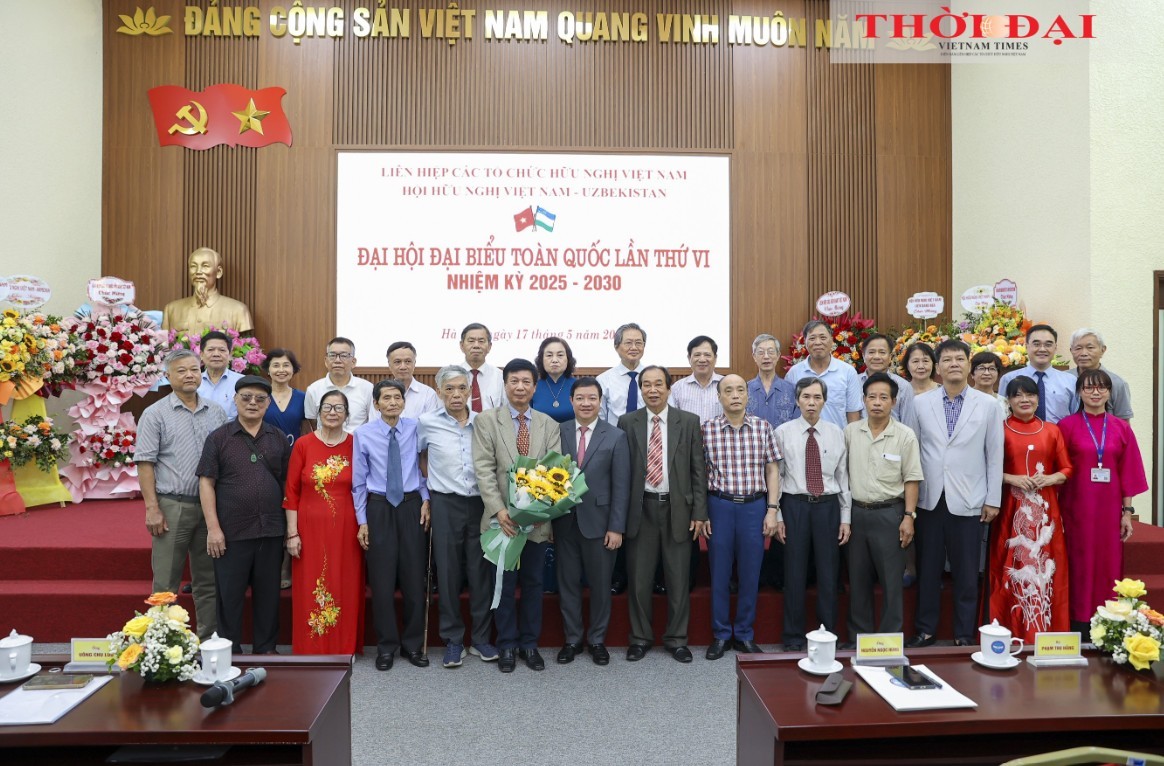 Friendship
Friendship
Vietnam–Uzbekistan Friendship Association Elects New President
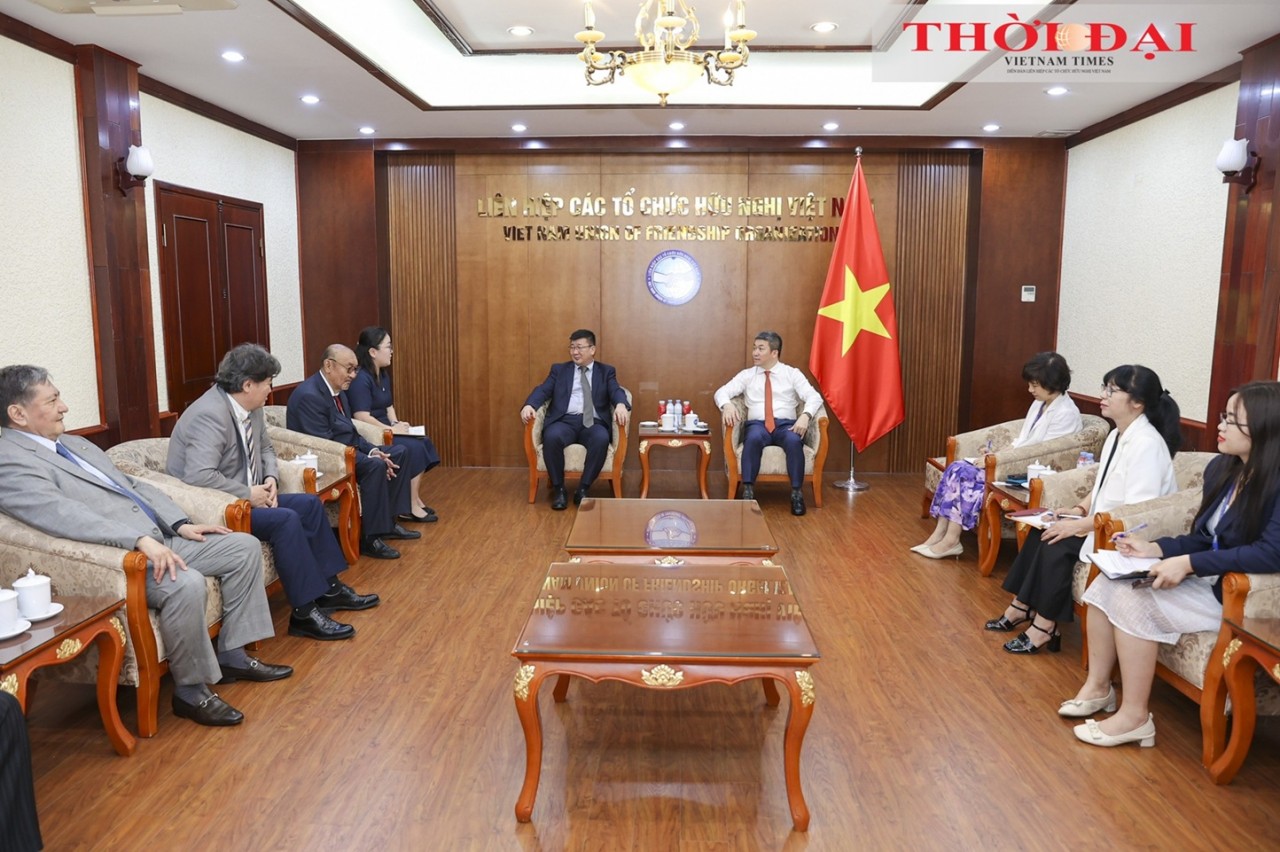 Friendship
Friendship
Delegation of Retired Mongolian Diplomats Promotes People-to-people Cooperation with Vietnam
 Focus
Focus
35 Years of FES in Vietnam: Fostering Dialogue, Advancing Equity
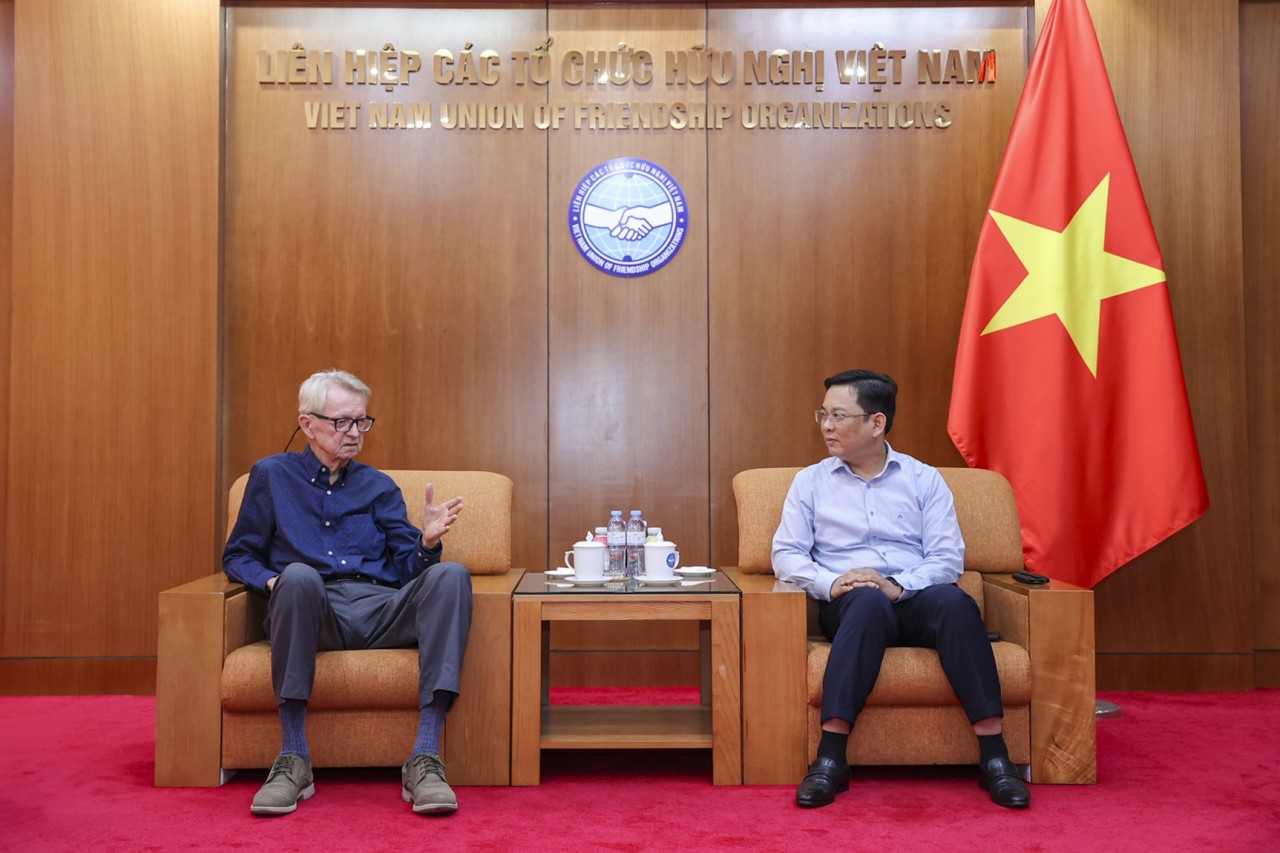 Friendship
Friendship
VUFO Appreciates Contributions of American Veterans in Overcoming Consequences of War
Popular article
 Focus
Focus
Vietnam-Austria Relations: Unlocking the Potential for Cooperation in Key Areas
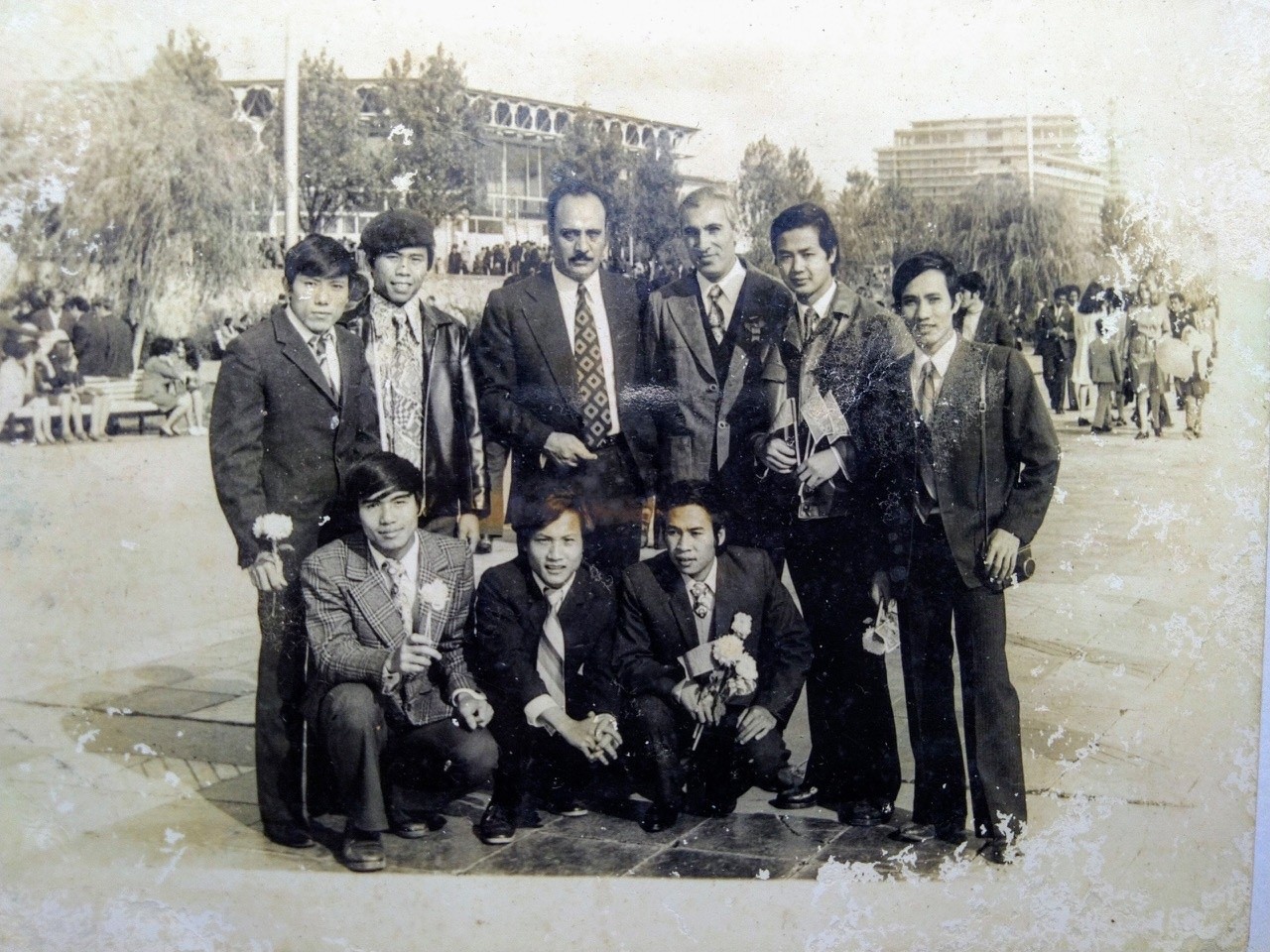 Friendship
Friendship
Vietnam - Azerbaijan: Cherished Memories Should Be Carried Forward with New Achievements
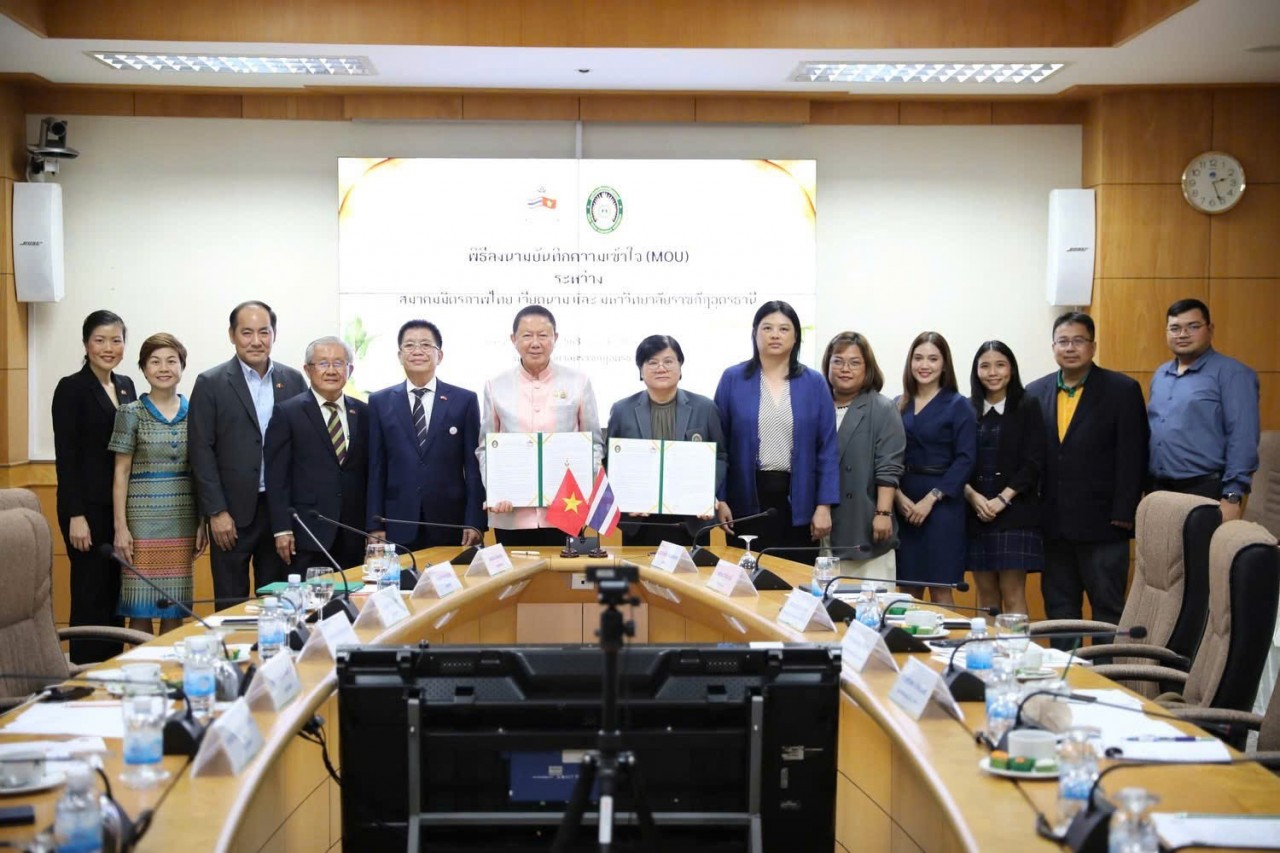 Friendship
Friendship
Center for Vietnamese Studies, Thailand-Vietnam Friendship Association Collaborate on Language Training
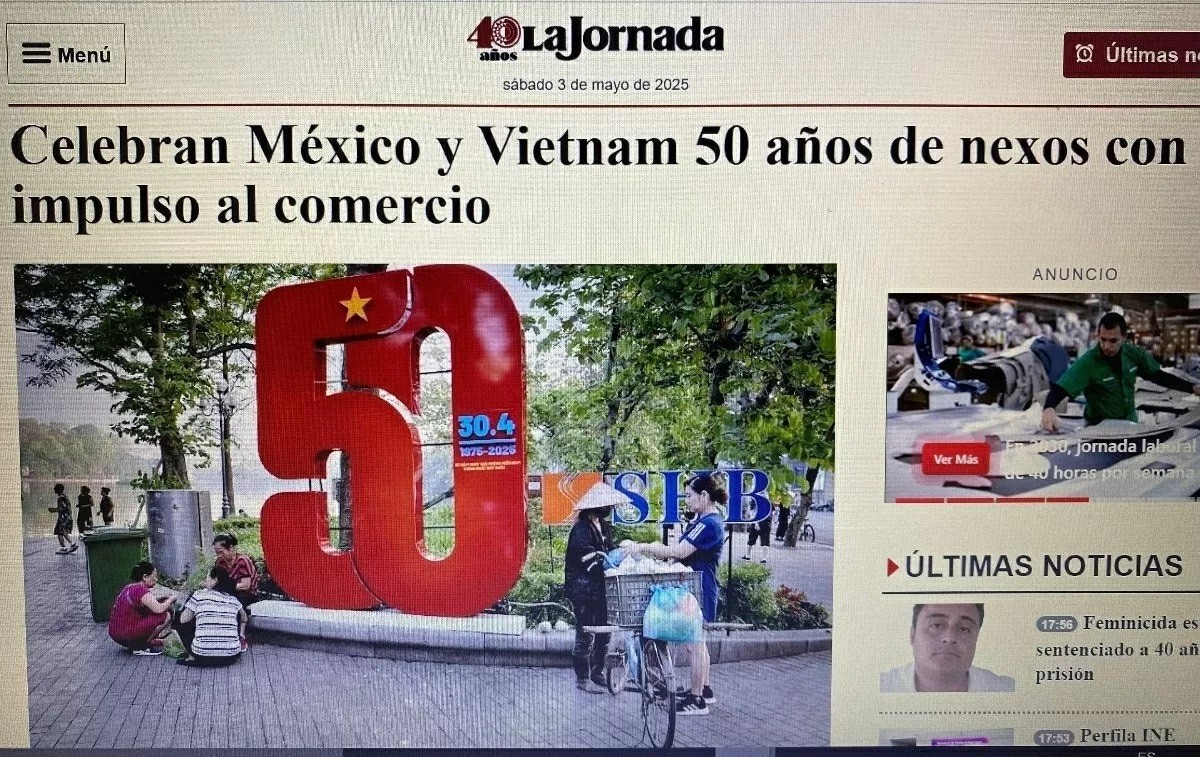 Friendship
Friendship



